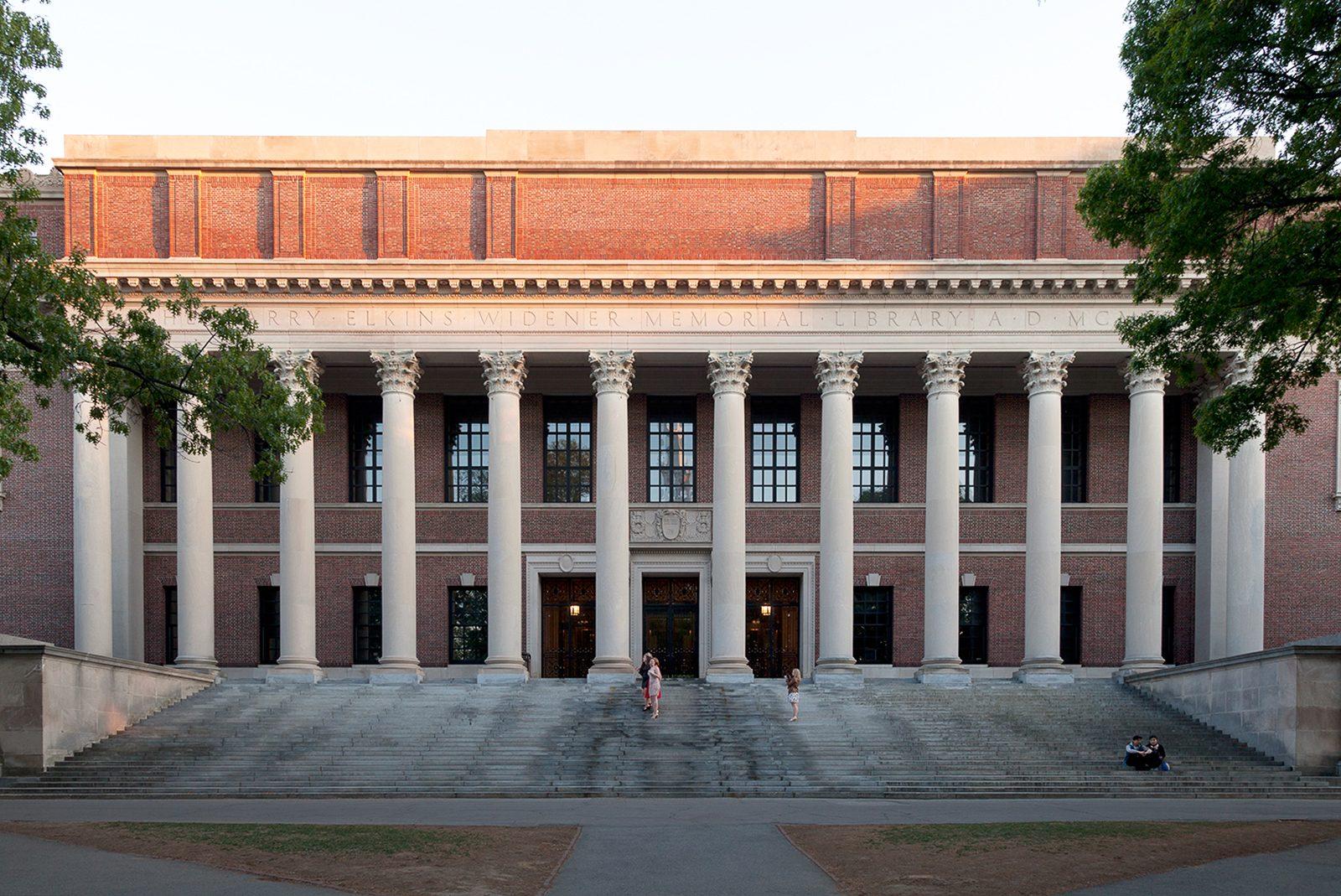Sororities, fraternities and final clubs have predominantly always been single-sex. Though some co-ed fraternities do exist, such as business and community service-based groups on Boston University’s campus, the tradition of Greek life and of the prestigious final clubs is to open their doors only to a particular gender. Recently, reforming the single-sex membership of these social organizations has been brought to the top of Harvard College’s to-do list.
Harvard’s dean, Rakesh Khurana, believes that final clubs and Greek life encourage discrimination because each organization does not allow members of the other gender, according to an article from The Boston Globe. Though a final decision has not been made yet, Khurana said that Harvard will no longer allow a social organization to discriminate based on gender.
This is not the first time that Harvard has gotten involved with all-male and all-female final clubs, even though these groups are student-run and not under the jurisdiction of the university. At the beginning of last year, Harvard announced that members of final clubs would not be allowed to lead campus organizations or sports teams, or receive recommendations from the dean to be eligible for certain scholarships.
Harvard does not have the authority to tell final clubs what to do. While students in the final clubs are subject to Harvard’s policies, final clubs are not recognized by the college and do not receive funding from the university, therefore they are not under the university’s jurisdiction. Though it would be fair for Harvard to recommend that final clubs should adhere to this, it is out of the dean’s power to force this on them.
Based off of this news and Harvard’s past of becoming overly involved with these off-campus organizations, it isn’t a stretch to say that the university wants to phase out these final clubs. They’re not overseen by the university yet the administration is becoming increasingly more and more involved in the way they are run. The university is attempting to make them less and less desirable, yet Harvard has begun to overstep its bounds. It is unfair to withhold scholarship recommendations or club leadership positions from those involved in final clubs. The university is effectively showing prejudice against these students simply because they’re in these groups. Discrimination is discrimination, even if these clubs are notoriously privileged.
If we ignore the notion that Harvard doesn’t even have the authority to make final clubs comply to this rule, the rule itself is still fundamentally flawed. It seems unfair and blatantly against tradition to force sororities, fraternities and final clubs to start becoming co-ed. There is a need for all-female and all-male groups: while women need a space to become empowered by their gender, the same could be said for men. These spaces shouldn’t be taken away from anyone, even in the name of putting an end to discrimination and promoting diversity. Instead, there should be an option of co-ed final clubs and fraternities, which would give students the opportunity to join a co-ed social group should they wish to or continue to be a part of single-sex organizations.





















































































































